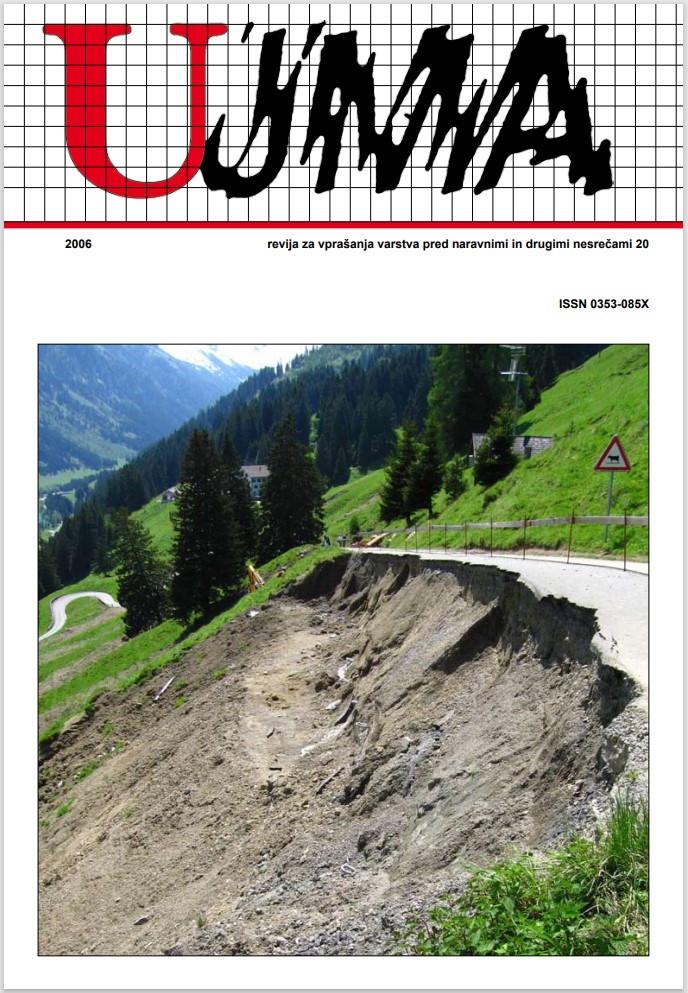INFORMATION-COMMUNICATION TECHNOLOGY USE IN CASE OF NATURAL AND OTHER DISASTERS: FROM PREVENTION TO MITIGATING DAMAGES
Abstract
Information-communication technologies (internet) have been developed for working in the most unfriendly environment, determined by the possibility of total nuclear engagement in the cold war era. However, the huge spread, popularisation and commercialisation in the eighties of the last century ensured its entry into almost all social systems. The system of protection against natural and other disasters is no exception. The role of information-communication technology in times of social crises caused by natural and other disasters, has been increasing enormously in the fields of public informing (mobilizing effect), infrastructural support of complex crisis management systems (coordination and crisis communication) as well as disaster simulation. Informationcommunication technology has become one of the most important instruments in early warning and prevention, as well in mitigating damage.
References
http://www.asiantsunamivideos.com/
http://www.islovar.org/forumi/sporocila.asp?id=300&idk=5
http://www.isoc.org/challenge/
Kastrup, U., 2004. Societal Security and Crisis Management in the 21st Century. Stockholm: ETH Zurich and Swedish Emergency Management Agency (dostopno tudi: http://www.isn.ethz.ch/crn/_docs/ Report_CRN_Stockholm_final.pdf, 14. 12. 2004).
Samarajiva, R., 2005. Mobilizing information and communications technologies for effective disaster warning: lessons from the 2004 tsunami. New media & society, 7(6), 731–747.
Svete, U., 2006. Uporaba informacijsko-komunikacijske tehnologije: sredstvo za doseganje globalne varnosti ali globalni varnostni izziv?. V: Haček, M. (ur.), Zajc, D. (ur.). Demokracija v globalizaciji, globalizacija v demokraciji, (Knjižna zbirka Politični procesi in institucije). Ljubljana: Fakulteta za družbene vede, str. 125–141.
Downloads
Published
Issue
Section
License

This work is licensed under a Creative Commons Attribution-NonCommercial-NoDerivatives 4.0 International License.
The articles are made available to the public under Creative Commons Attribution-NonCommercial-NoDerivatives 4.0 International (CC BY-NC-ND 4.0).


